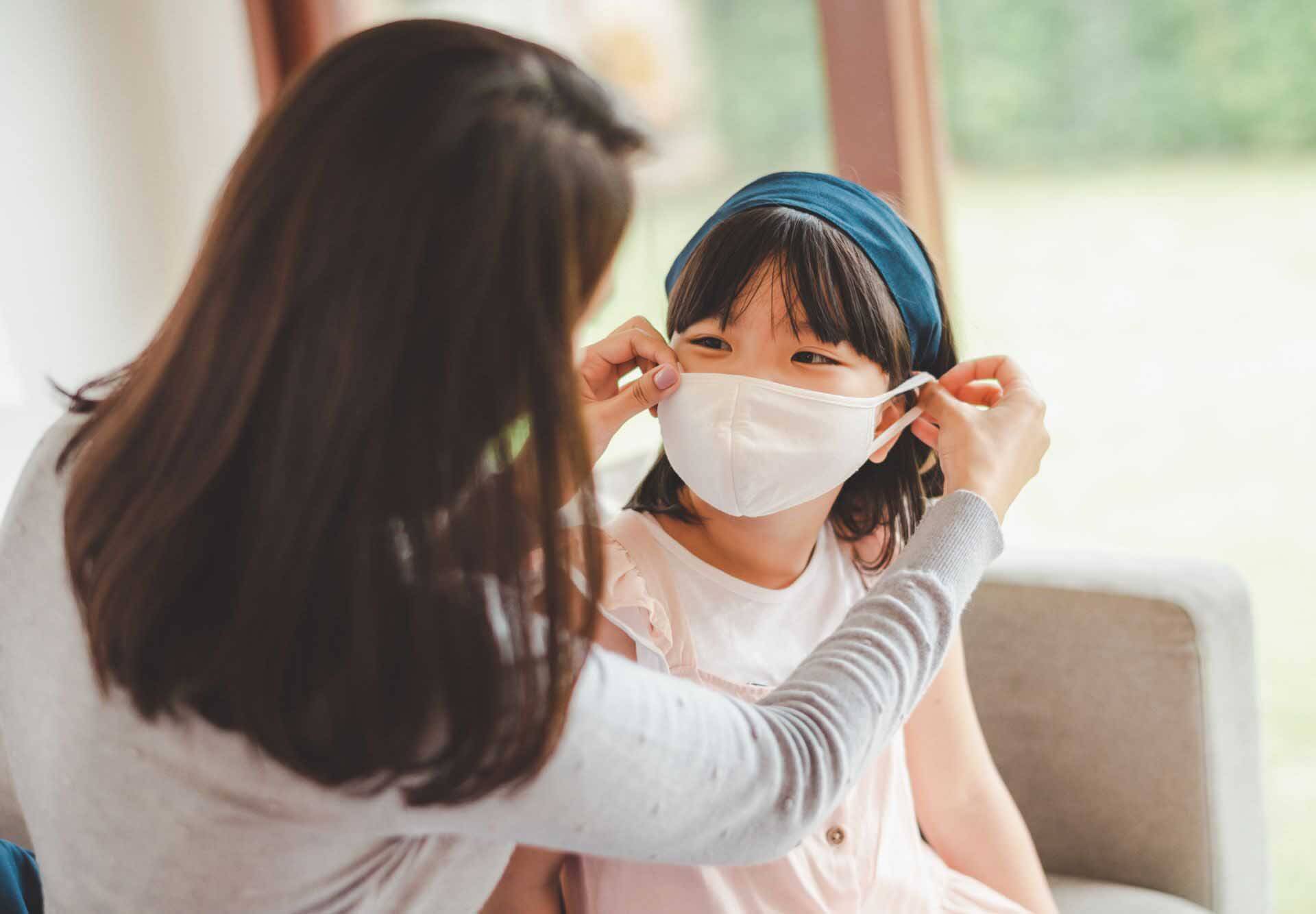Great news for all the parents whose wondering when will the Covid-19 vaccine be available for their children. More than 596 million doses of the COVID-19 vaccine have been given in the United States since the vaccinations were originally approved for use by the Food and Drug Administration (FDA) in December 2020, and more than 222 million people are now fully immunized.
Kids are finally included in the expanding group of Americans who are safe. Vaccines from Pfizer and Moderna can now be given to infants as young as 6 months. When and why children should be vaccinated is discussed.
In what time frame will my child be able to get vaccinated?
Both the CDC and AAP recommend that parents get their children vaccinated as soon as possible once they are 6 months old.
Emergency use authorizations (EUAs) allow the Pfizer and Moderna vaccines to be used on children 6 months and older. Your teen may be eligible for the one-time Johnson & Johnson vaccine if they are at least 18 years old; however, the Pfizer and Moderna vaccines are recommended instead due to higher levels of safety and efficacy.
Vaccines against COVID-19 were initially tested on adults alone. But Pfizer requested approval for its vaccine to be used in children aged 5 to 11 on October 7, 2021. It referred to data from follow-up clinical trials showing the vaccination to be safe and well-tolerated in this age range. Trials showed that the two-dose vaccine effectively stimulated the immune system to defend against the virus, and even children given a reduced dose had a high antibody response.
Studies of vaccinations developed by Pfizer and Moderna have expanded to include infants as young as 6 months. Similarly, Johnson & Johnson started testing their vaccine on adolescents aged 12 to 17; however, the J&J vaccine is not currently available for children and is no longer recommended for adults, save in special cases like when an individual has an allergy to an ingredient in the Pfizer or Moderna vaccine.
How Could the COVID-19 Shot Influence Young People?
Vaccines against COVID-19 have a high rate of success when administered to children. Pfizer found that “the COVID-19 vaccination was well tolerated, with side effects usually comparable to those recorded in participants 16 to 25 years of age.”
No vaccine is 100% safe, and even the small adverse effects that are known to occur with immunizations should be taken into consideration. Adult vaccines can cause pain, swelling, and redness at the injection site, as well as a possible fever. These often experienced side effects may be amplified in youngsters because of their stronger immune systems, but this just signifies that the vaccine is working.
Information on potential adverse reactions to vaccines is included in the package insert and can also be found online. The coronavirus vaccines in development are so cutting-edge that we only have a few months’ worths of data reporting temporary adverse effects in trial groups of 30,000–40,000 patients.
Parental Precautions Against the Spread of the COVID-19 Virus
Getting COVID-19 as a child is more common now than it was before the Delta form became widespread in 2021, when the pandemic first appeared. Youngsters have accounted for 16.8% of U.S. cases since the pandemic began, but 27% of the reported weekly COVID-19 cases in the week ending November 11, 2021 were in children under 19.
Although young children are less likely to die from COVID-19 infection than adults, they are more likely to develop an illness known as a multisystem inflammatory syndrome in children, according to studies (MIS-C). A wide variety of bodily organs, including the brain, heart, and lungs, may be impacted by this inflammatory condition. The CDC reports that between May 2020 and the end of October 2021, 48 children died from MIS-C.
The CDC states that the etiology of MIS-C is unknown, but many children who contracted the illness either had the COVID-19 virus or were exposed to someone.
If possible, vaccinating and booster-vaccinating children is the greatest approach to keeping them healthy. Vaccines made by Moderna and Pfizer are suitable for use in children aged 6 months and up. Those receiving the Pfizer vaccine for the first time at age 5 or older should obtain a booster shot five months after finishing the first series. Currently, children do not need any more doses after receiving a Moderna vaccine.
If a child is too young to have been vaccinated, the CDC advises that they at least wear a mask in public. Young children who aren’t old enough to use a face mask throughout public places should restrict their contact with unvaccinated or unfamiliar visitors.
The CDC recommends that those who have not been vaccinated should avoid crowded indoor activities where it will be difficult to maintain a distance of at least six feet from other participants.
Keep in mind that it’s not easy for children to keep their distance from one another. Therefore it’s up to parents to prevent putting their children in potentially dangerous situations.
Articles you might like: How To Communicate With Your Children About The Covid-19 Vaccine, Finding a Covid-19 Vaccine Provider for Your Child Aged 5 to 11, Is A Covid-19 Vaccine Only Available Via Shot?

